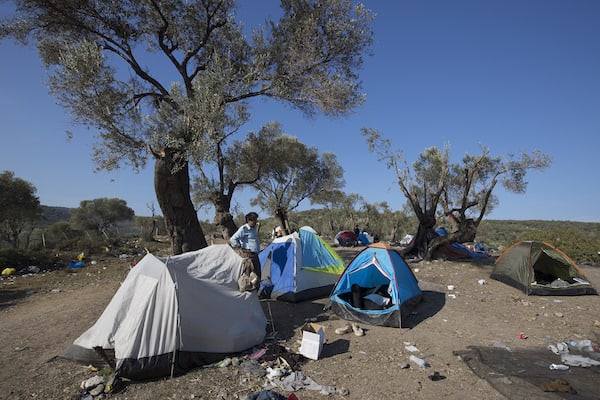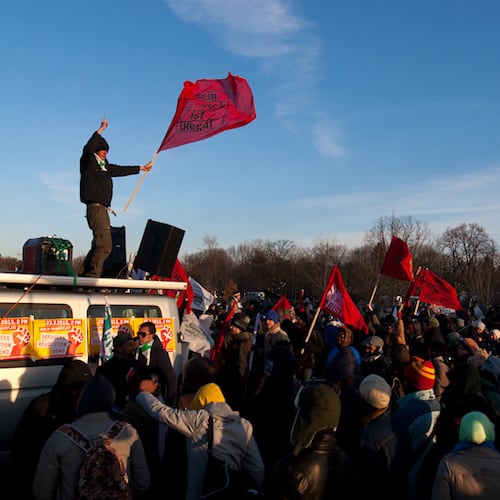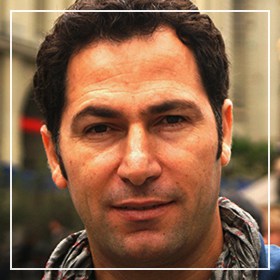1. To what extent does the notion of political agency help to understand political change?
First of all, I think you need to change the wording of the first question: e.g. “To what extent does the notion of political agency help to understand political change?” The notion of political agency didn’t help all those activists in the Middle East Civil Uprising (e.g. in Syrian, Iraq, Turkey) or for the women who took part in the Tahrir Square demonstrations. ‘Agency’ doesn’t mean anything if you’re being barrel-bombed in Aleppo, or your town is totally destroyed with dead civilian body stayed on the streets, or you are for weeks adrift in a sinking boat in the Mediterranean, or when more than 100.000 people are forced to leave their home, as in Cizre.
If you and your family reach Lesvos, I question how much agency there is if you are not allowed out of the refugee camp, but have been told you have to submit a residency application in Rome?

It’s different if you have a US or UK passport (the public wind used to be against Communists in the West, but now has turned towards the Muslims). With the media supporting ‘thinkers’ like Trump and Cameron (it used to be Bush and Blair), it’s difficult to know how much real agency American or British citizens have. It’s just the elite who have political agency. And some of them – Tony Blair, for example – choose to throw it away.Their lies are so ‘convincing’ that they can even promote the sense that they have not done anything wrong.
2. Are Area Studies still relevant to understand contemporary dynamics of political and social transformation?
Visit our virtual roundtable for more responses.
Featured image by Montecruz Foto (flickr, CC BY-SA 2.0).





